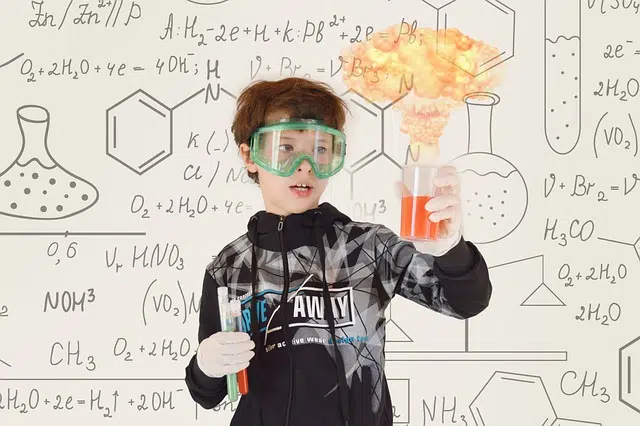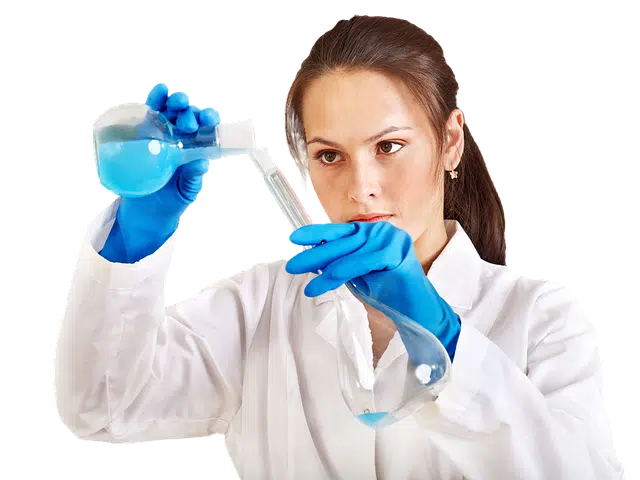
An experiment can be carried out to test or discover a phenomenon.
From the Latin experimentum , experiment is the action and effect of experimenting (carrying out actions aimed at discovering or verifying certain phenomena ). The procedure is very common within the framework of scientific work to try to ratify a hypothesis .
Carrying out an experiment involves the manipulation of different variables that, according to the scientist, constitute the cause of the phenomenon that is intended to be confirmed. Thanks to experiments, theories usually find factual support and causal explanations.
Characteristics of an experiment
The basis of an experiment is the manipulation of the variables that are considered relevant, the control of extraneous variables and the randomization of the rest. However, experiments acquire very different characteristics according to each science . The task of a chemistry specialist differs from the experiment that a sociologist may carry out, for example.
The result of an experiment provides validity to a theory. Every time the experiment is replicated by other scientists and the same results are obtained, this validity increases.

Experiments are important for scientific advancement.
Historical examples
There are many experiments that have been carried out throughout history and that have served to advance in a specific area. This would be the case, for example, of the so-called Rutherford experiment , which was carried out at the beginning of the 20th century by physicists at the University of Manchester under the supervision of the New Zealand chemist Ernest Rutherford.
This project is also known as the gold foil experiment , which became a benchmark in the field of atomic energy. Thus he completely discarded a previous atomic model, that of Thomson, and presented a novel proposal.
In the same way, we must not forget Griffith's experiment , carried out by the microbiologist who gives it its name in 1928. Thanks to that, what could be demonstrated was that bacteria had the capacity to undertake the transfer of information genetics.
Children and experiments
It should be noted that, although experiments are attractive to many people who are curious and want to discover new things, some of them can only be carried out by experts and in appropriate places. Certain substances can be dangerous if handled by inexperienced hands.
Outside of this caveat, educators often emphasize that it is good for children and students to experiment with what they study to increase their knowledge. By having a direct approach to the object of study, the training is more complete and beneficial.
The concept in archeology and physics
In addition to all of the above, we cannot ignore the existence of various branches that use the term in question in their name. This would be the case of experimental archeology , which is framed within the social sciences and is fundamentally dedicated to contributing to the discovery of the past through the development of expeditions or the reconstruction of certain elements.
In the same way, there is also experimental physics , which has the particularity that it is based on what nature itself is to reach a series of conclusions that can be verified.
